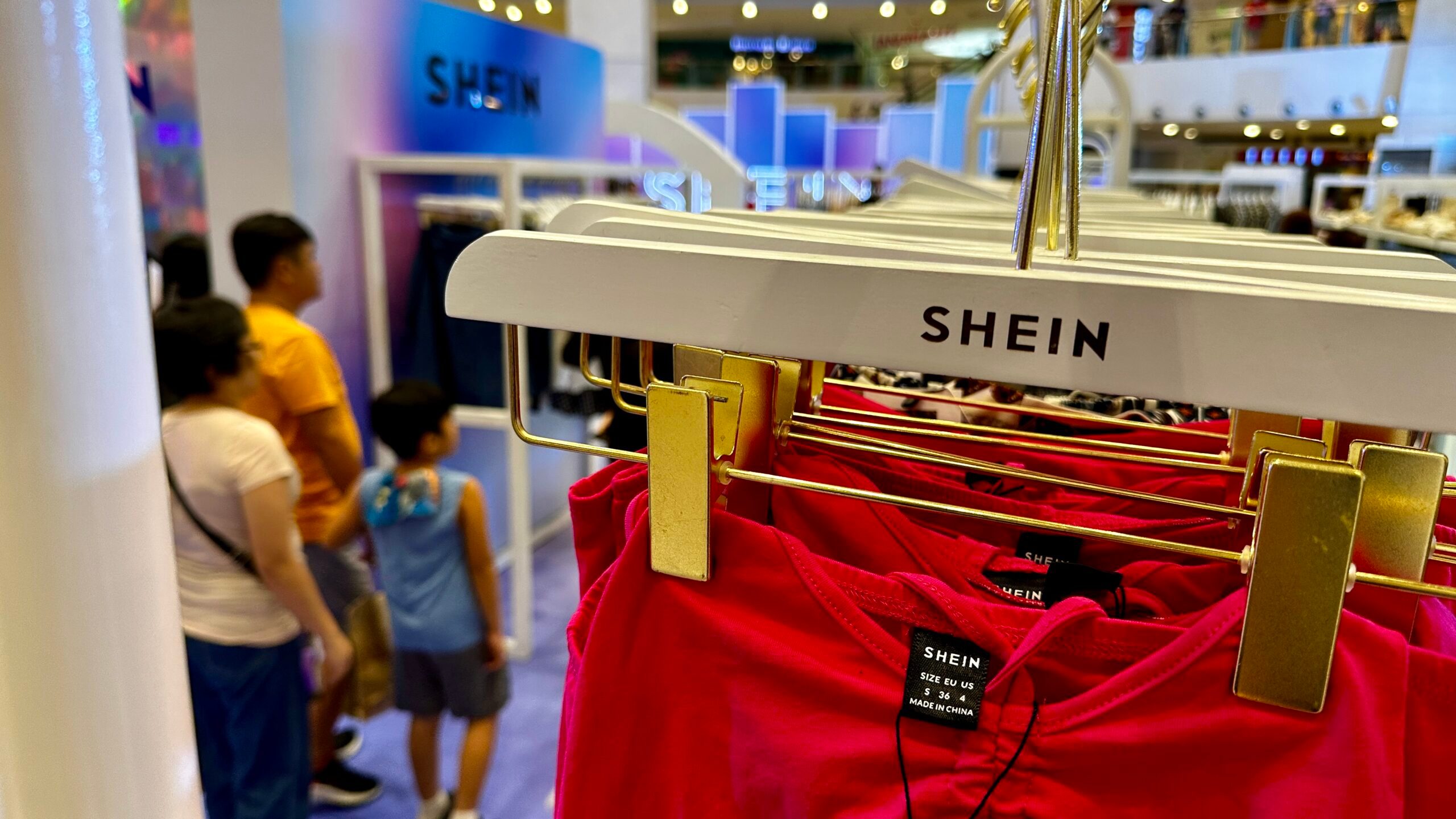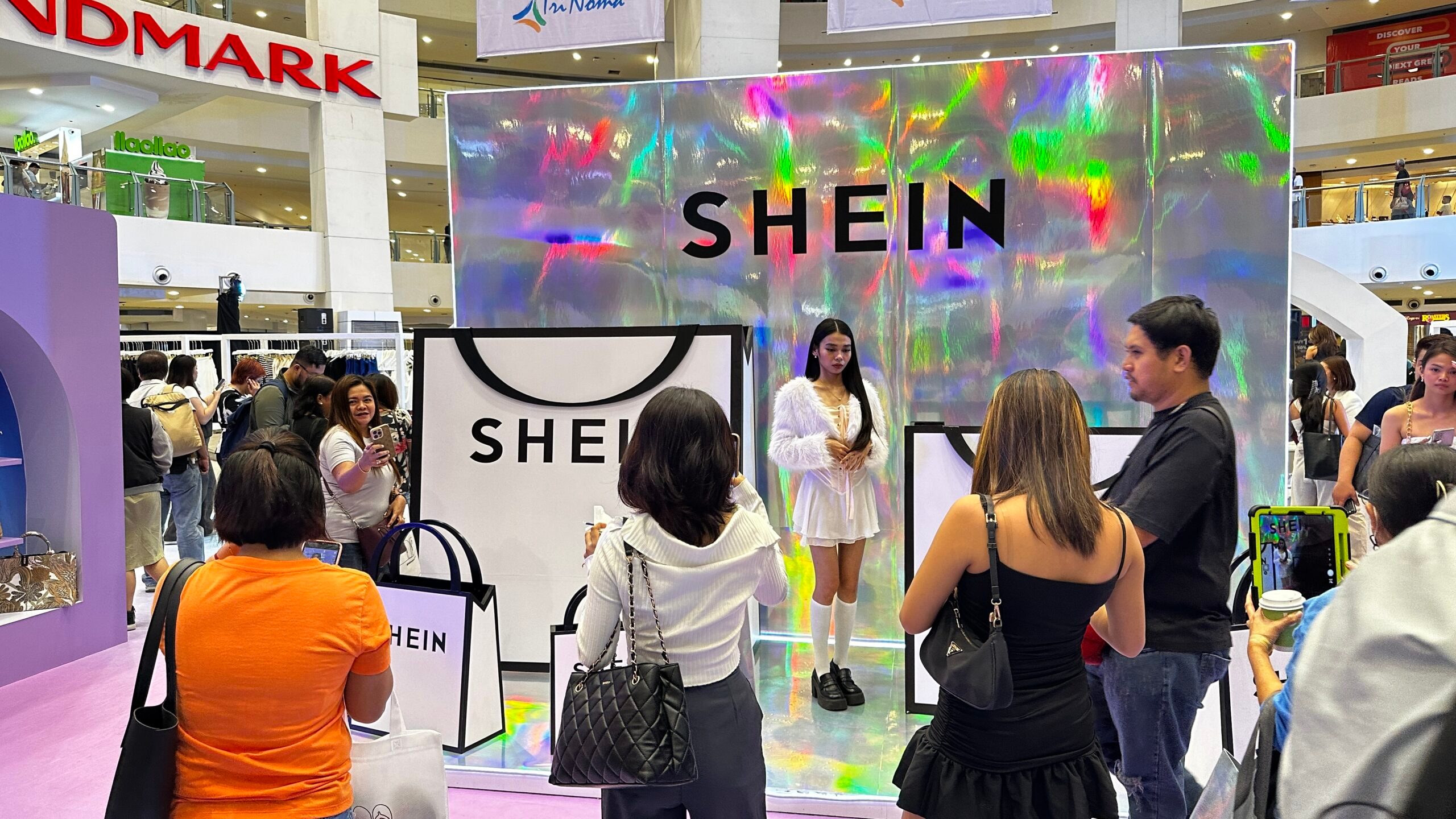SUMMARY
This is AI generated summarization, which may have errors. For context, always refer to the full article.

MANILA, Philippines– The so-called Gen Z (born 1996-2012) are coming of age, entering the workforce and have started to earn money, significantly influencing markets due to their unique preferences.
A Mckinsey report revealed that Gen Zers prefer brands that show off their personality, and rely on social media, particularly videos, in seeking out retail goods. They have to be environmentally friendly too.
The report added that this preference was shaped by the fact that the Gen Zers entered into adulthood during a global pandemic and recession, which have effectively changed their perceptions of the world.
However, the same report found that Gen Zers, particularly in Asia, are not yet willing to fork out more for sustainably-produced items.
Still, studies have shown that ethical concerns surrounding fast fashion behemoths like Shein are turning off younger consumers.

Shein’s controversies
Shein’s most recent controversy involves the alleged use of TikTok influencers to spread propaganda to dispute reports of environmental violations in their factories.
But the trip quickly became a PR nightmare. Shein and the influencers got massive backlash after social media users accused them of uncritically praising working conditions at the facility.
Meanwhile, a US House committee report also named Shein as one of the fast fashion brands that have evaded tariff laws and violated human rights codes.
The exposé comes on reports that Shein will go public.
In a recent press briefing in Manila, Shein global public relations director Charlene Lee insisted they’re taking action over reports of violations.
Shein, launched in 2012, does not own or operate any of its factories and rely on a “network of third party suppliers around the world” to manufacture its products.
While it uses an outsourcing model, Lee underscored that they conduct unannounced audits and are guided by a “responsible sourcing program” that ensures the third party vendors “provide safe and dignified working and living conditions for their workers.”
To date, Shein said it has conducted around 2,800 unannounced audits and terminated 28 deals with non-compliant factories.
Shein sources its products from South China and Brazil. It does not have facilities in the Philippines. But Lee said the company is always looking for opportunities.
“There are assumptions and preconceived notions of what the supply chain actually looks like. And more often than not, fueled by various images and imagery from different types of media or sources, they seem to think that everybody is chained to the sewing machine that they’re all 12 years old, and things like that. That couldn’t be further from the truth,” Lee told reporters in Manila.
Lee, who was in Manila to promote Shein’s pop-up store in Trinoma Mall, added that the factory business is a competitive one, as these companies are always in search for better deals.
“It is very competitive to find workers for the factories. If you’re not offering them good working conditions, if you’re not offering them extremely competitive or high pay, we’re not going to get them because China is actually paying their workers more than other countries who are considered high manufacturing countries in this region.”
On environmental concerns, Shein said it has shifted to optimized and resource-efficient methods. For instance, its use of a digital thermal transfer printing is a zero-water-waste production method.
“It’s not just for our customers, but also for the longevity and resilience of our business. We are seeing that there is this trend, we are seeing that there is obviously a need for us to take responsibility in terms of how we produce in terms of what we produce,” Lee said.
Should the fast fashion giant push through with the rumored IPO plans, it will have to disclose more details about its business strategies and sustainability efforts to US regulators. –Rappler.com
Add a comment
How does this make you feel?





There are no comments yet. Add your comment to start the conversation.